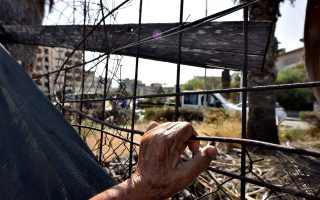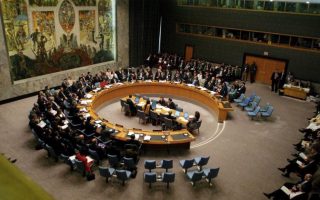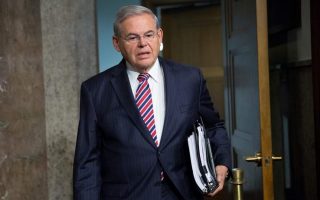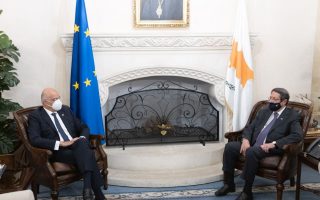UNSC labors over Varosha statement

The lack of common ground among the permanent members of United Nations Security Council (UNSC) on the content of the statement to be issued regarding the announcements of Turkish President Recep Tayyip Erdogan about Cyprus this week led to protracted and inconclusive consultations as Kathimerini English Edition went to print Thursday.
The council convened to discuss Erdogan’s plans to partially open the fenced-off town of Varosha in Turkish-occupied Cyprus and his push for a two-state solution, which has flown in the face of relevant UNSC resolutions.
The main obstacle in finding common ground regarding the statement was the refusal of the United Kingdom – which along with Greece and Turkey is a guarantor power of the island – to include any reference to Erdogan or Turkey for that matter.
The first draft referred only to “regret” in general and “deep concern” about the developments in Varosha.
Until late last night (Greek time) the writing of the second draft had led to a relative improvement but in no way to an extent that satisfied the Cypriot side.
The statements by the United States, France and Russia, as well as Thursday’s very clear statements by German Chancellor Angela Merkel regarding Turkey’s blatant violation of international law, made the UK the odd one out.
China also spoke in favor of a clearer position. The impossibility of coming up with a substantive reaction to the situation in Varosha was also reflected by an on-the-fence statement by UN Secretary-General Antonio Guterres on the matter.
On Thursday night, Foreign Minister Nikos Dendias spoke on the telephone with his Cypriot counterpart Nikos Christodoulidis about the developments in New York.
Regardless of the final outcome of these processes, it was clear that even a formal condemnation of activities that violate UN resolutions is hard to come by.





